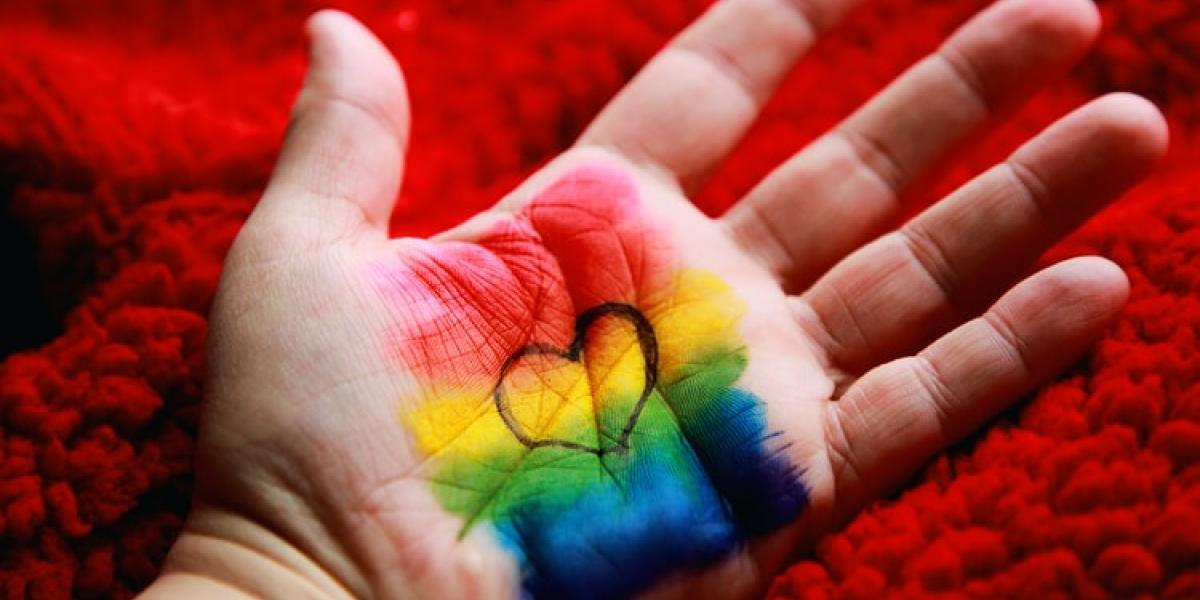 © Sharon McCutcheon - Unsplash
© Sharon McCutcheon - Unsplash
LGBTI rights in Europe
Son güncelleme Salı, 02/11/2021
Today in Europe, people who are lesbian, gay, bisexual, transsexual or intersex (LGBTI) still suffer from discrimination around the world. The protection of LGBTI rights is a high priority in the European Union.
The European Union (EU) has been a driver of equality for lesbian, gay, bisexual and trans people over the past 25 years. LGBTI covers a diverse group and their rights should be understood to also take on board the rights of other communities such as Queer, Asexual and Pansexual persons. Everyone should be able to feel proud of who they are and who they love!
The European Commission has sought to raise awareness for LGBTI rights, with the goal of showing the world that no matter whom we love or who we are, everyone should enjoy the same rights. The EU has included the protection for LGBTI people in key legal documents such as the Amsterdam Treaty (1997), the Charter of Fundamental Rights (2000) and anti-discrimination directives. Of course, in the EU the situation is different from one country to another.
What’s the situation of LGBTI citizens in Europe?
In 2019, the EU Agency for Fundamental Rights (FRA) presented the results of a survey that showed that LGBTI people across the EU experience discrimination, harassment, hate speech and violence, to the detriment of the full enjoyment of their fundamental rights. The findings of the EU LGBTI Survey II show little progress.
"It’s still the surprising shocking case that a majority of LGBTI people right across Europe are unwilling to be seen holding the hands of a same-sex partner. Patterns of discrimination, even of violence are very worrying. And still, almost everywhere, very few of those people who are attacked report the incident to the authorities." Michael O'Flaherty, FRA Director, March 2020
Some EU countries are even moving backwards on LGBTI rights. Hate speech, as well as acts of homophobic and transphobic violence remain all too common, even in countries with significant progress. The EU is currently working on a new strategy to tackle this situation.
The state of play of LGBTI rights is also monitored by non-profit organisations such as ILGA-Europe that publishes an annual benchmarking tool called Rainbow Europe, which ranks 49 countries in Europe on their LGBTI equality laws and policies.
Interested to join LGBTI organisations advocating for equal rights?
Article 19 of the Universal Declaration of Human Rights protects everyone’s right to express themselves freely. Different civil society organisations are active to defend the rights of the LGBTI community and to make sure those principles are respected. Some receive funding from the EU to support their activities.
Here are some of these European networks, check their actions and the list of their national members for more information on how to defend your rights and take action:
- International Lesbian, Gay, Bisexual, Transgender, Queer and Intersex Youth and Student Organisation (IGLYO)
- Organisation Intersex International Europe (OII Europe)
- ILGA Europe
Want to report a discrimination?
According to the LGBTI Survey findings, LGBTI people often do not report instances of discrimination as they believe nothing will change (41% of respondents).
With homophobic and transphobic being two of the most common types of hate speech, you can make a difference by refusing to tolerate it!
If you are a victim of discrimination, we advise you to contact the national equality body in your country of residence or an organisation that represents the interests of the LGBTI community that can either support you and/or direct you to the right support service.